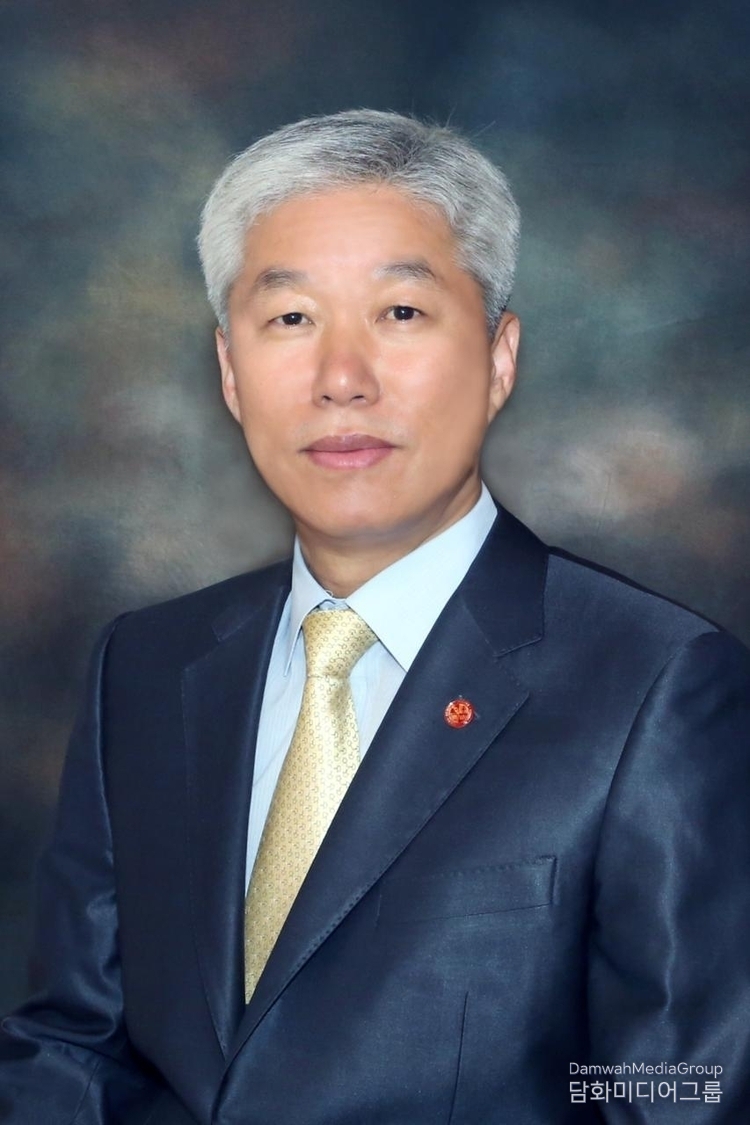By Diplomacy Journal Lee Jon-young
The lunar new year has dawned, but the world is still in upheaval. Looking at the recent signs of economic, political, and natural disasters, we can intuit that 2025 is not going to be an ordinary year. This year, Damhwa would like to predict the flow of global changes at Mount Inwang on the occasion of the Ipchun (the onset of spring) and consider the direction we should take together.
First, the U.S. will be the only relatively robust growth engine in the world economy with the election of President Trump. Technological innovation, energy independence, and the stability of the financial system will support this. On the other hand, the country remains politically divided, with widening gaps between rich and poor and social conflict threatening the sustainability of economic growth.

But if history is any indication, the United States is a country that has created opportunity out of crisis. As global capital and talent flows in, new industries are likely to blossom. It is likely to become the center of future industries such as artificial intelligence, semiconductors, and space.
China, once the world's economic powerhouse, is on a rapid downward spiral. The economy is slowing dramatically in the wake of a collapsing real estate market, rising youth unemployment, and deleveraging policies. In particular, the manufacturing-led growth model is showing its limits, and the transition to new industries is stalling.
In addition, political tensions and a growing decoupling from the United States have shaken China's position in global supply chains. The world is watching to see how China will overcome this crisis.
Japan sits on an earthquake zone called the “Ring of Fire,” which is expected to cause major damage. In recent years, the risk of large earthquakes and tsunamis has been raised again, and national disaster preparedness has become an important issue.
But natural disasters are not the only crisis facing Japan. Economic vitality is slowing due to a shrinking and aging population, and a substantial economic recovery has been delayed despite the continued low yen policy. Innovative policy changes will be needed to jumpstart Japan's economy.
The effects of climate change are intensifying droughts around the world. This will cause agricultural prices to skyrocket, and food crises are likely to occur, especially in less developed countries.
In addition, water scarcity is becoming a serious problem due to drought and climate change, which will affect industrial production. Sustainable environmental policies and water resource management are becoming increasingly important.

On the domestic front, the controversy on the impeachment of the President seems to be a foregone conclusion. However, political conflicts and social divisions remain a serious problem.
This political instability also has a negative impact on the economy. Businesses are hesitant to invest in an uncertain environment, and foreign investor confidence is likely to be shaken. It is time for the political leadership to prioritize economic stability and national unity.
Domestic businesses are facing severe challenges due to the global slowdown and sluggish domestic demand. In particular, many small and medium-sized enterprises are facing bankruptcy due to lack of funding and labor shortages.
Restructuring and innovation are essential for companies to survive. Digital transformation, new business development, and global market expansion will be key. The government will also need to improve the business environment and enact policies to revitalize the economy.
The influx of foreigners is likely to increase in the coming years. Immigration policies are likely to be relaxed to address population decline and labor shortages. However, this will bring new challenges.
In particular, the problem of illegal immigrants is expected to grow. Foreigners entering the country for menial labor and staying illegally are likely to cause social conflicts and security problems. In addition, the increase in illegal immigrants may distort the low-wage labor market, exacerbating conflicts with domestic workers.
The government needs to better manage their immigration policies and find ways to address the problem of illegal immigration. Simply accepting foreign workers is not the solution. It needs to prepare for the transition to a multicultural society and develop policies for social integration.
The world is changing rapidly. The United States is growing, China is faltering, and Japan is facing a crisis of fire. Domestic politics and economies are also unstable, and the problem of undocumented immigrants is likely to increase. But amidst the crisis, there are opportunities.
What we need now is sober analysis and smart choices. Only those who can read the tides of change and prepare will survive. What path will we choose in these times?







